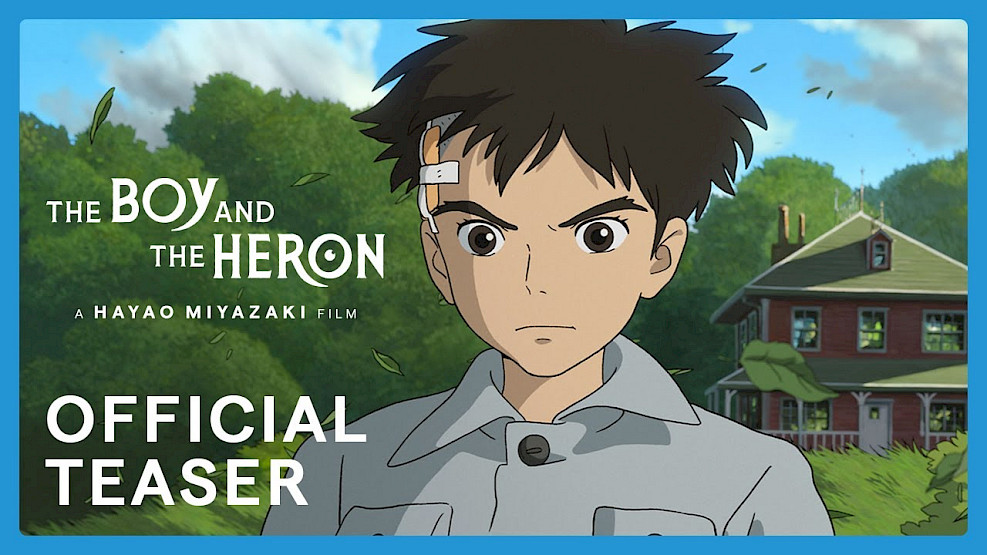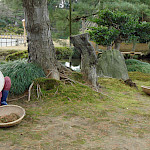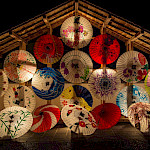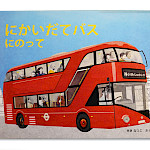6 Jun 2024
JETAA News
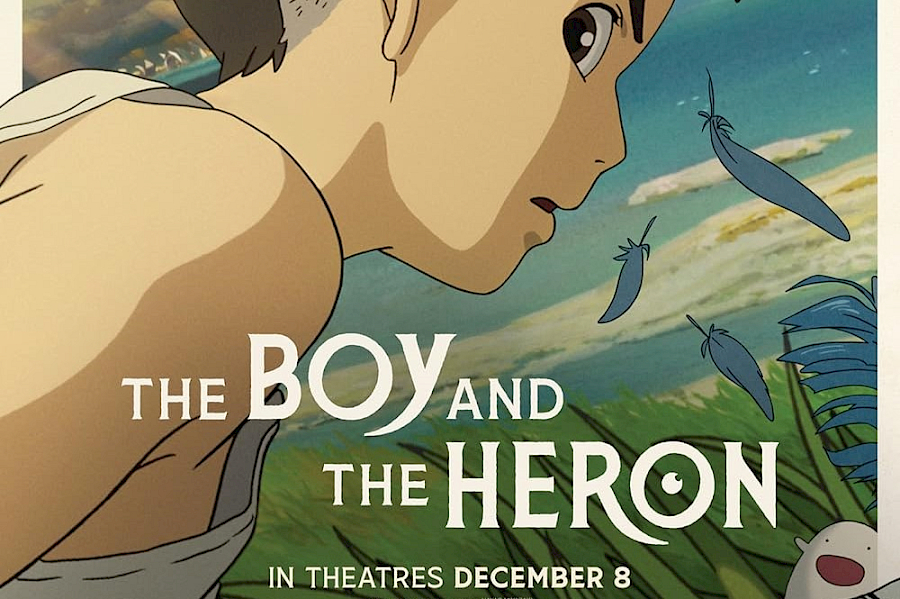
3rd February 2024
Film review: The Boy and the Heron
The Boy and the Heron is the latest masterpiece of animation by Studio Ghibli and director Hayao Miyazaki. The film is the biggest Japanese release in the UK from both this year and last. It has been nominated for Best Animated Film at the Oscars, won the Golden Globe and BAFTA for Best Animated Feature as well as many more awards.
It came out in cinemas in December but still has limited showings in cinemas and will be going to streaming soon for those who missed it.
Miyazaki is known for such films as 'Spirited Away', 'My Neighbour Totoro', and 'The Wind Rises'. This latest film maintains the same high quality in animation and storytelling. It's a wild, surreal ride that is similar to 'Spirited Away' but really finds its own unique identity through the story.
The film follows young boy Mahito as his family struggles to survive in wartime Japan. After his mother dies in a haunting, yet beautifully animated, fire he moves to the countryside with his father, who married his aunt. With a younger sibling already on the way from his aunt/new stepmother, Mahito feels understandably confused. This is when a magical Heron lures him into another world full of fantastical reflections of his family and his own internal struggles.
The fantasy world is particularly open to interpretations. A popular reading is that this film is autobiographical. This is undeniable at the beginning of the film. Miyazaki himself is slightly younger than Mahito, and had to move to the countryside during WW2. His father also managed an aeroplane manufacturing plant, which allowed him to be raised quite wealthy. Where things get more symbolic is with the introduction of the talking Heron.
Once entering the magical world, we see parallels to our own. Some of these are more clear, such as the housekeepers appearing as dolls; others are vague, such as the Warawara. These baby-like creatures are said to be entering our world to be birthed as humans, yet many are eaten by starving pelicans before they can get there. This could be to do with the destruction of peaceful family life during wartime or Mahito's feelings about his own soon-to-be-born sibling. Scenes such as this really open for interpretation, and mean that everyone can have their own unique experience watching it.
Because of the autobiographical elements, there is a popular theory that this film is a damnation of the inner workings of the Japanese animation industry or Studio Ghibli itself. In the climax of the film, a God-like character offers Mahito the opportunity to become the God of this fantasy realm. His rivals are the budgies who have developed a feudal society thanks to the magic of this world. Many believe this older God-type character to be Miyazaki himself, trying to pass on the torch to a younger generation, making the squabbling budgies the other animators he works with. This interpretation seems cruel and paints Miyazaki as very egotistical. I personally saw it differently. As this is about wartime Japan, there was a big cultural shift when the younger generations rejected the ways of the older generations who had fought in the war. This makes much more sense to me but it is by no means the definitive reading.
Ultimately, it is best to see the film yourself and form your own opinions. It is undeniably beautifully animated and has received high praise for the English voice cast. This is sure to be another Ghibli classic and a grand final film for Miyazaki before his retirement. I wouldn't be surprised if it were to join 'Spirited Away' and 'My Neighbour Totoro on the stage'.
Alfie Blincowe




